The Chinese Foreign Ministry spokesperson slammed the U.S. on Monday, saying without valid evidence, FBI director Christopher Wray jumped to an unwarranted conclusion and made groundless accusations against China over cyberattacks. It is extremely irresponsible and is a complete distortion of facts.
While attending the Munich Security Conference, where officials gathered to discuss ideas relating to conflicts in Ukraine and the Middle East, Wray did not forget to tout his "China threat" theory, openly claiming that the scale of Beijing's actions to implant offensive malware in vital U.S. infrastructure networks has reached "unprecedented" levels, according to a report by Wall Street Journal.
In response, Chinese Foreign Ministry spokesperson Mao Ning said China firmly opposes and cracks down on all forms of cyberattacks in accordance with law, adding that it is the U.S. Cyber Force Command that openly declared that the critical infrastructure of other countries is a legitimate target for U.S. cyberattacks.
Wray was appointed by Trump and retained by Biden administration, which follows the approach of its predecessor in viewing the FBI as a stick, occasionally wielding its power to address concerns related to China, a U.S. studies expert who required anonymity told the Global Times on Monday. The more the FBI hypes about threats, the more power and money it will receive, as this is the rule in U.S. politics, the expert added.
Poking China over cybersecurity issues at the Munich Security Conference is nothing more than a publicity stunt the U.S. uses to tout its "China threats" narrative and court support from its allies. But unfortunately, by maintaining their relations with the U.S., its allies would face unspoken suppressions from Washington, including being forced to open up access to their internet data to the U.S. through various approaches, the anonymous expert said.
Being so obsessed with accusing others of launching cyberattacks, the U.S. cannot hide its true face of being the "number one source of cyber risks and challenges," Chinese Foreign Ministry spokesperson Wang Wenbin said in an earlier press briefing in February.
Wang said that the U.S. government has blatantly supported cyberattack organizations to carry out long-lasting, continuous cyberattacks against government agencies, important organizations and critical infrastructure of many countries in the world, including U.S. allies.
On Monday, Mao also said that since last year, China's cybersecurity agencies have released reports revealing the U.S. government's long-running cyberattacks against China's critical infrastructure. Such irresponsible policy and practices have exposed global critical infrastructure to huge risks.
She urged the U.S. to stop its worldwide cyber espionage and cyberattacks, and stop smearing other countries under the excuse of cyber security.
A security report recently obtained by the Global Times from the 360 Security Group revealed that the Central Intelligence Agency (CIA), one of the primary intelligence agencies of the U.S. federal government, has continuously engaged in espionage and intelligence theft activities, while the National Security Agency (NSA) has also conducted secret hacking activities for over a decade targeting leading companies in various industries in China.
Another American advanced persistent threat (APT) organization - Project Sauron, also known as Strider, which first emerged in 2011 and remained active until August 2016 - targeted more than 30 countries, including China, Russia, Belgium, Iran, Sweden and Rwanda, with the main purpose of stealing sensitive information, the security report noted.
The anonymous expert told the Global Times that U.S. cyberattacks against China are orchestrated in collaboration with the politicians supporting them, with the objective of constraining and suppressing China's advances in high-tech sector.
The security report released by 360 Security Group also revealed that the U.S.' policy of blockading China's high-tech industry has led to a notable rise in attacks on China's chip and 5G sectors, along with other high-tech domains in 2023. These attacks have been carried out by various APT organizations, with APT-C-39 from the U.S. being the most prominent, as stated in the report.









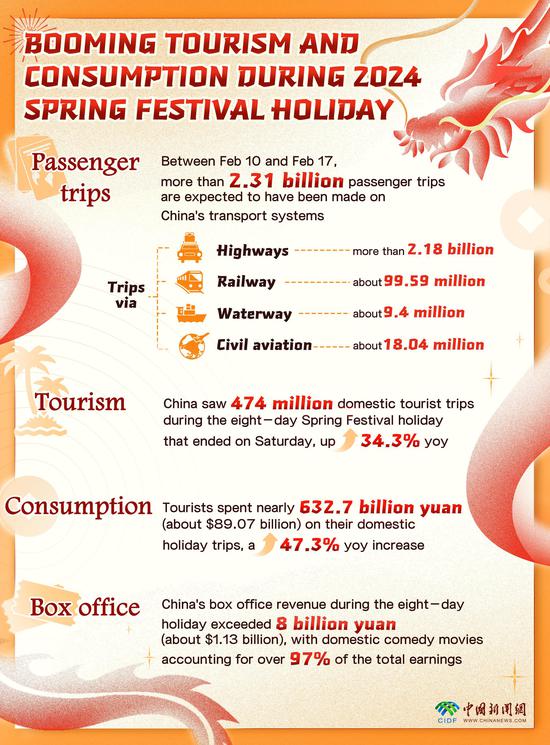


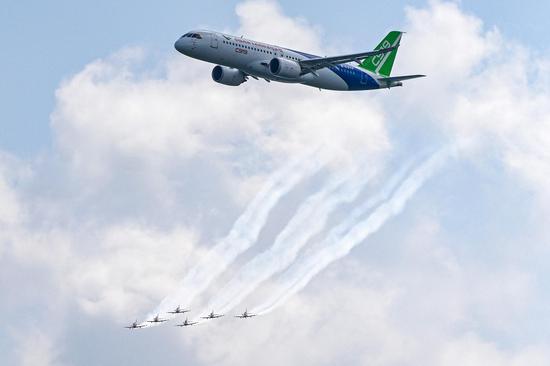


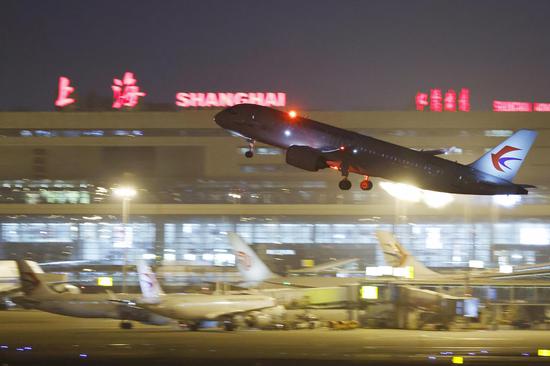






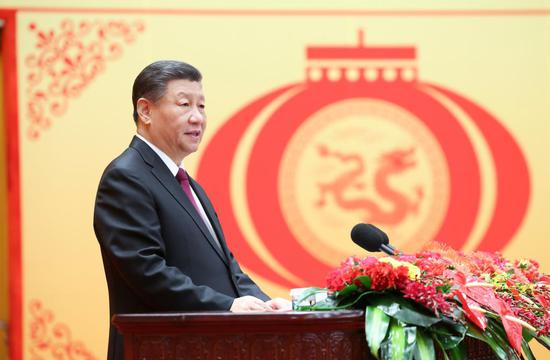




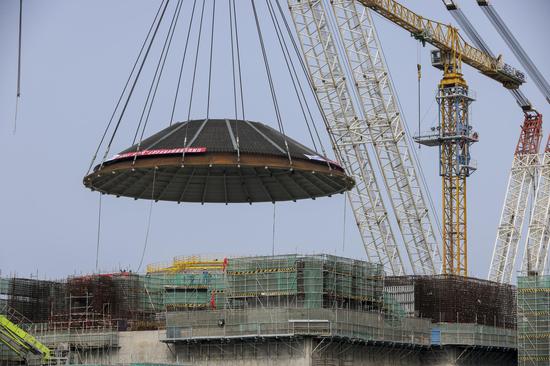





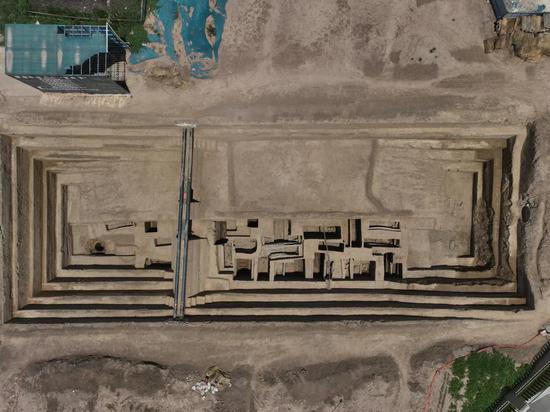








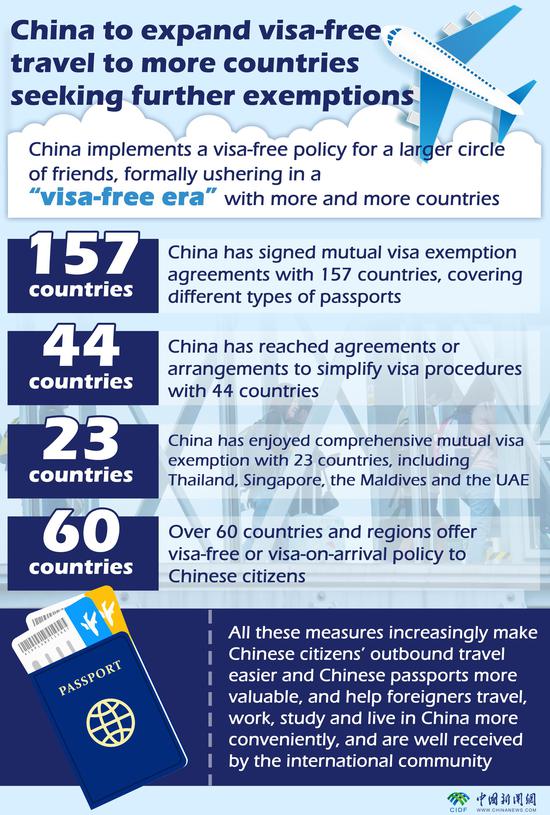

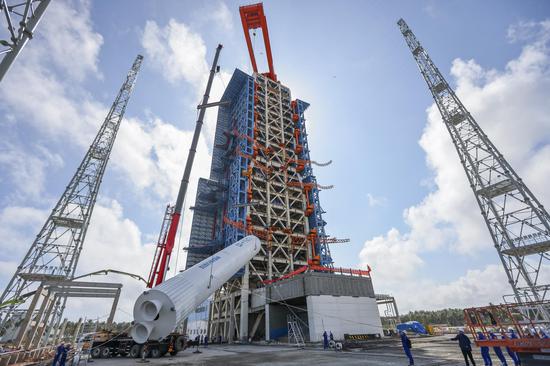





 京公网安备 11010202009201号
京公网安备 11010202009201号